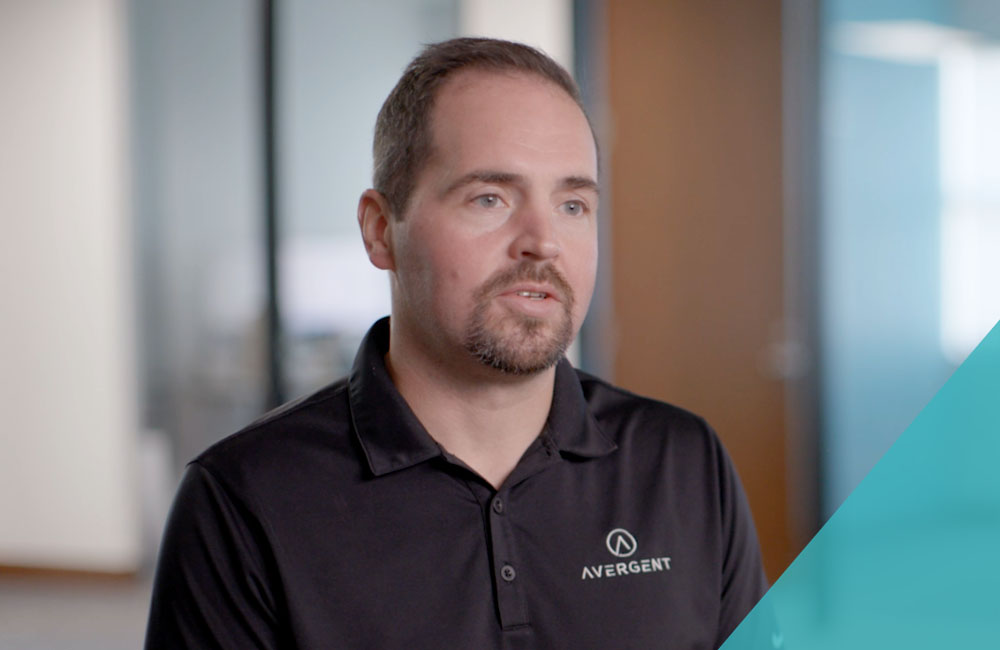
Will AI Transform Healthcare? Potential to Reduce Costs and Improve Quality of Care
Artificial intelligence (AI) has been around for decades but it has become a hot topic in recent months due to the rise of open-source, generative AI platforms like ChatGPT that are publicly available. AI is being used in virtually every industry, including healthcare, and will only become more prevalent in the coming years. The Alliance is watching the trends and hopes that the automation and enhancement of healthcare procedures with AI will positively affect patients by improving efficiency, reducing costs, and increasing the quality of care.
Increase Efficiency
As the healthcare industry continues to face staffing shortages, automating processes could free time for providers to spend with patients. On average, medical professionals spend 25% of their work time on regulatory and administrative tasks. If providers can reduce the amount of time they spend on administrative tasks, they are more likely to offer accurate diagnoses and more effective treatment, which would improve patient outcomes.
Natural language processing (NLP) technology – a subset of AI that enables computer programs to understand spoken and written words – could be used to transcribe patient interactions and create, analyze, and classify clinical documentation. Using AI automation for these tasks could drastically reduce the amount of time medical professionals spend documenting and creating electronic health records (EHRs).
And because performing administrative tasks, like creating EHRs, is one of the leading causes of burnout, automating some processes can also decrease provider burnout. Allowing medical professionals to spend more time on the fulfilling parts of their job could reduce turnover and staffing shortages while increasing the quality of care for patients.
Reduce Costs
The cost of healthcare is a serious problem in the US. Over half of adults experience medical debt, and it is the leading cause of bankruptcy in America. Many people delay seeking care – or skip it altogether – because they fear they will not be able to pay the costs.
AI could help lower the cost of healthcare by eliminating administrative waste. Administrative costs are currently responsible for one-fourth of US healthcare spending. Automating some administrative tasks would reduce costs for providers, patients, and their employers. Studies show that utilizing digital technologies could reduce administrative waste and save up to $265 billion in unnecessary billing and operations costs.
Improve Quality of Care
Diagnosis
Researchers have been focused on using AI for medical diagnosis and treatment since the 1970s. AI can analyze vast amounts of data quickly. Utilizing it can increase the accuracy and speed of diagnosis, improving quality of care, especially in radiological image analysis. For example, AI algorithms are already more accurate than radiologists when it comes to identifying malignant tumors. Identifying cancer in the early stages is critical for a positive prognosis. With a shortage of doctors, this new technology could be able to diagnose cancer more quickly, saving many patients’ lives.
Patient Engagement
Patient engagement and compliance is another significant problem in the US. A survey of over 300 healthcare executives showed more than 70% of respondents stated their patient engagement rate was below 50%. But studies have shown that patients who take an active role in their health have better outcomes. AI could be used to increase engagement and promote patient compliance with pre-and-post-procedure guidelines. Increasing patient engagement rates would lead to improved outcomes both physically and financially.
NLP technology can be used to increase patient engagement by answering general questions and directing patients to the right party for more complex questions. NLP-based applications can also be useful for simple tasks like scheduling appointments and refilling prescriptions, helping already overworked and understaffed healthcare systems.
Some providers are already utilizing chatbots for telehealth, mental health, and wellness services. However, as with all new technology, there is some hesitancy and distrust around chatbots in healthcare. A survey of users of the top five US healthcare chatbots revealed patients have concerns about revealing confidential information and discussing their health conditions with chatbots. So expect patients to be hesitant to use this technology until more education is provided about how to use it.
Remote Patient Monitoring
Deep learning is an AI method in which computers are trained to process data similarly to the human brain. This can accurately identify patterns in data to provide automated insights to healthcare providers. This capability could soon make remote patient monitoring feasible. Eventually, AI will be able collect patients’ health data, analyze the data to identify clinically relevant patterns, and notify medical professionals when action is needed. This would allow providers to catch high-risk conditions before they deteriorate and provide timely, customized medical interventions.
Robotic Surgery
Surgical robots improve surgeons’ precision and accuracy for complex procedures. Combining the analytical function of AI technology and the physical deftness of robotics can advance complicated surgeries and procedures. For example, a research company created a robotic AI system that could enhance stem cell procedures for regenerative medicine. It is important to note that critical decisions would still need to be made by surgeons. AI is meant to be a tool to enhance accuracy and patient outcomes, not replace human involvement in healthcare.
Research Breakthroughs
AI can run through numbers much faster than manual processes which could facilitate more frequent and significant research breakthroughs. AI technology could be instrumental in identifying new conditions, treatments, and methods of diagnosis in the future.
While the use of AI in the healthcare industry is increasing, it will be years before AI is fully integrated in clinical settings. In practice, there are implementation challenges to using AI, like installing and programming the technology. For example, it is difficult to program AI to know every possible scenario that could happen in a medical situation. So, it is easier to begin with simple, binary questions like identifying the presence or absence of a tumor.
However, AI is continuing to evolve rapidly and will transform the healthcare industry in the next decade. Even as AI becomes more widespread, it is not likely that AI will completely replace human medical professionals. Rather, AI will remain a tool to enhance providers’ performance, increase efficiency, and improve patient outcomes.
The Alliance is closely watching healthcare trends so we can help our employer-members provide better benefits at a lower cost. As AI continues to evolve, we are mindful of how we can use it as a tool to help employers guide their employees to preferred value providers and get the most out of their healthcare.
Follow The Alliance Newsroom to be one of the first to know about product updates and announcements.








